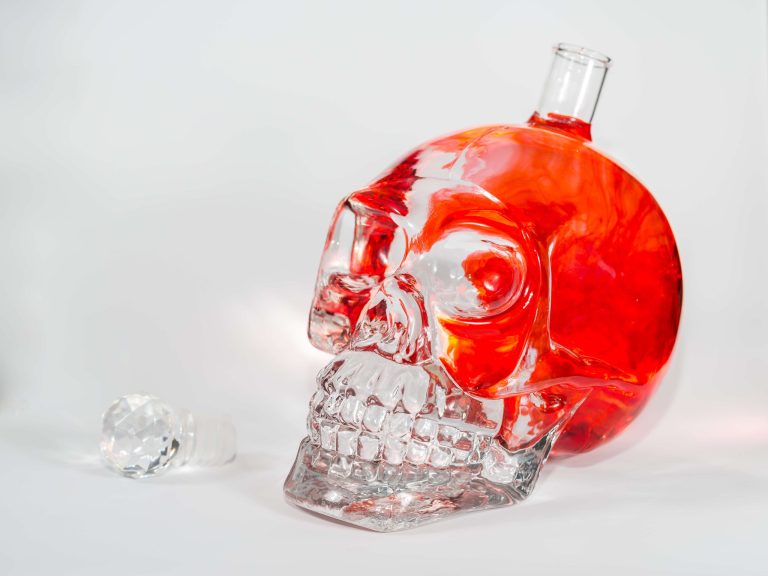When individuals continue to refer to their using days as “fun,” they continue to downplay the negative consequences of addiction. Expectancy theory has shown that when people expect to have fun, they usually do, and when they expect that something will not be fun, it usually isn’t 15. In the early stages of substance abuse, using is mostly a positive experience for those who are emotionally and genetically predisposed. Later, when using turns into a negative experience, they often continue to expect it to be positive.
Do you reset your sobriety date after a relapse?
The more you understand your relapse patterns, the easier it is to avoid or manage them. Understanding which phase of recovery generally takes the longest to move through can help reduce guilt and increase persistence. Sobriety is not linear—it’s a winding journey that requires ongoing effort. People who struggle with addiction frequently lose their capacity to know when to stop. Therefore, one drink or cigarette can more easily turn into a binge for someone who has struggled with addiction. Wanting to fall back into your addiction is normal.
Common Triggers for Relapse
Having a healthy environment is a crucial step to long-term recovery. On the Becoming Man podcast, I talked about creating an environment for success and how I removed myself from a bad environment. The synapses in the brain can be pruned, but they can also regrow. heroin addiction You can unlearn any environmental triggers you learned.
Step 2: Understand the Triggers

It’s possible to predict that some events—parties, other social events—may be problematic. It’s wise to create in advance a plan that can be enacted on the spot—for example, pre-arranging for a friend or family member to pick you up if you text or call. Therapy for those in recovery and their family is often essential for healing those wounds. The more ACEs children have, the greater the possibility of poor school performance, unemployment, and high-risk health behaviors including smoking and drug use.

Taking quick action can ensure that relapse is a part of recovery, not a detour from it. The longer someone neglects self-care, the more that inner tension builds to the point of discomfort and discontent. Cognitive resistance weakens and a source of escape takes on appeal. This stage is characterized by i want to relapse a tug of war between past habits and the desire to change.
- It can engage what has been termed the Abstinence Violation Effect.
- Whether it’s adjusting your medication, finding new support, or simply reaching out, you’re not alone in this fight.
- It is a common experience that airports and all-inclusive resorts are high-risk environments in early recovery.
- The American Society of Addiction Medicine (ASAM) defines relapse as the recurrence of behavioral or other substantive indicators of active disease after a period of remission.
- Whether you’re facing emotional, mental, or physical relapse, our compassionate team is here to guide you back to stability and strength.
Inventory not only the feelings you had just before it occurred but examine the environment you were in when you decided to use again. Sometimes nothing was going on—boredom can be a significant trigger of relapse. Such reflection helps you understand your vulnerabilities—different https://littletooth.cureconnect.co/goodbye-letter-to-my-drug-addiction/ for every person.
Causes of Relapse in Late Stage Recovery
The greatest approach to treat this type of mental health condition-causing relapse is to enroll in dual-diagnosis treatment. Together, we can help you treat your mental health problems and substance abuse struggles simultaneously. We will help you get to the root of your mental health and substance battles to ensure you rise above all your recovery obstacles. To understand the importance of self-care, it helps to understand why most people use drugs and alcohol. Most people use to escape, relax, or reward themselves 4.
- Our society already suffers from an epidemic of loneliness that has been cruelly worsened by the physical distancing required to keep the pandemic at bay.
- Deep breathing releases neurotransmitters in your brain, many of which trigger feel-good chemicals resulting in relaxation, happiness, and pain reduction.
- Once you act out with self-harm, you may feel guilt or shame, leading to a damaging cycle of even more self-harm, says the National Alliance on Mental Illness (NAMI).
- Rather, it is exhibiting a lack of coping skills in response to a discouraging life circumstance through other methods.
- Alternatively, a person might encounter some life difficulties that make memories of drug use particularly alluring.
Start an Exercise Routine
If your relapse was severe, you may want to check into a residential rehab program so you can stay at the facility for the rest of your treatment. If you’ve already gone through a treatment program and your relapse was short, outpatient therapy may work. Outpatient programs let you go on with your usual daily activities while you receive treatment.
Take the first step toward a better future—call us today!
Evidence shows that eventually, in the months after stopping substance use, the brain rewires itself so that craving diminishes and the ability to control behavior increases. The brain is remarkably plastic—it shapes and reshapes itself, adapts itself in response to experience and environment. In many recovery programs like AA, yes—you reset your sobriety count after any drug or alcohol use. However, in harm-reduction or individualized models, the focus may be more on progress and triggers rather than a single slip.





Leave a Reply